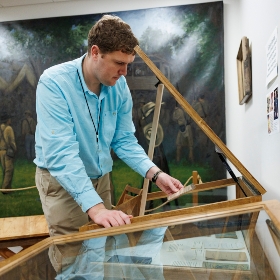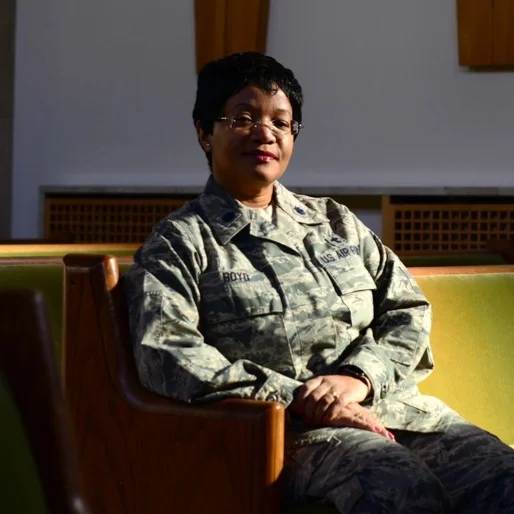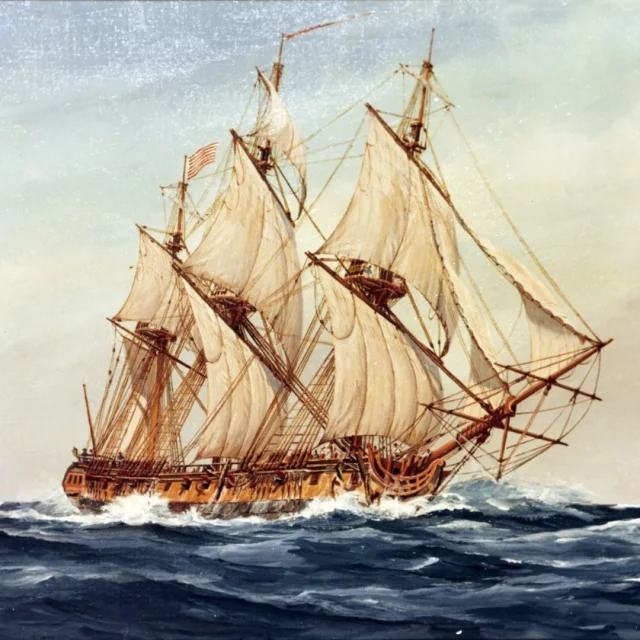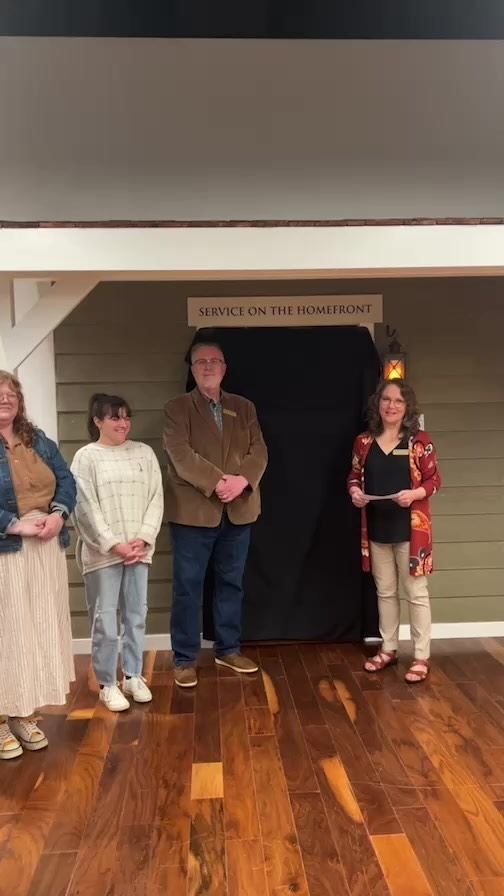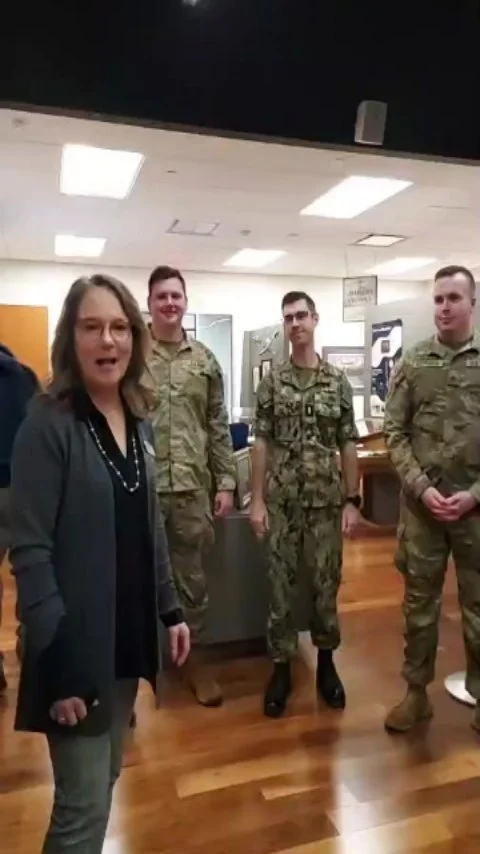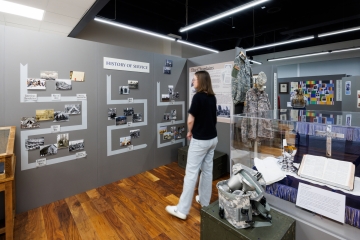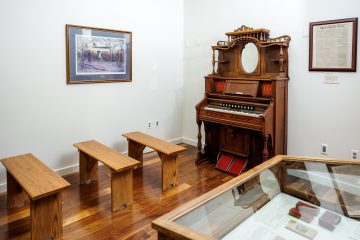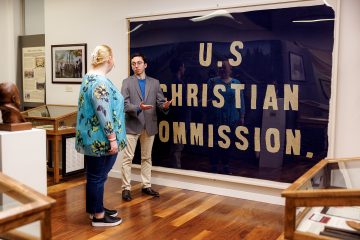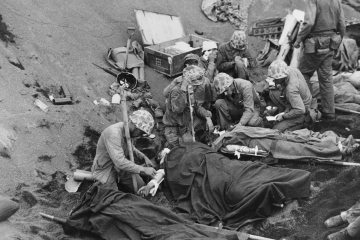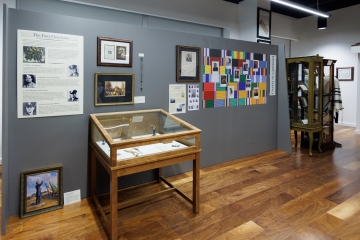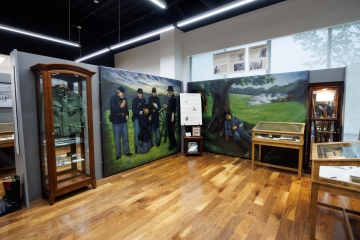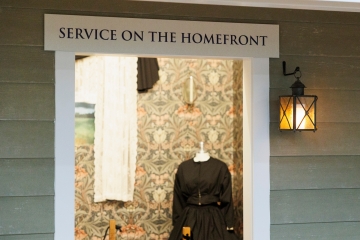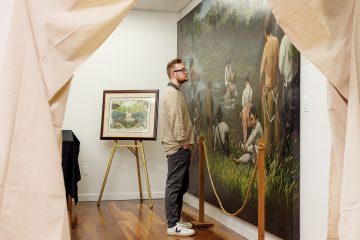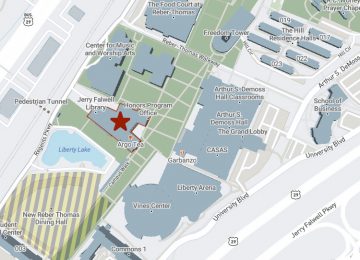The Chaplains Museum will be closed for Spring Break March 15-22.
We will resume regular hours Monday, March 23.
Visit the museum Mon-Fri 12 noon – 4:30 p.m. and Sat 10 a.m. – 2 p.m.
National Civil War Chaplains Museum
Throughout American history, military chaplains have exemplified servant leadership in the midst of the challenges of division and war as they worked to meet the spiritual needs of men and women in uniform.
Located on the campus of Liberty University, the Chaplains Museum features an extensive collection of objects and artifacts that tell the stories of U.S. military chaplains in the camp, on the battlefield, and among prisoners of war. Visitors will learn how chaplains from diverse backgrounds have used a variety of means and methods to carry out their ministry during times of war.

